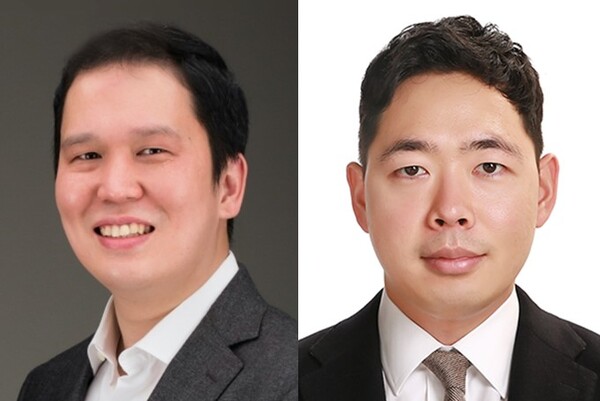A research team -- led by Professor Kim Beom-joon of the Neurology Department at Seoul National University Bundang Hospital (SNUBH), together with Professor Kang Dong-Wan from the Neurology Department of the Gyeonggi Provincial Medical Center Icheon Hospital -- has received the "2024 Paul Dudley White International Scholar Award" during the International Stroke Conference held in February in Los Angeles, the U.S.

Professor Kang serves as a public clinical professor, rotating between SNUBH and the Gyeonggi Provincial Medical Center Icheon Hospital's Neurology Departments.
The conference, hosted by the American Heart Association, is considered one of the leading events in the field of stroke research.
The award is named in honor of Dr. Paul Dudley White, a pioneer in cardiology and former Harvard Medical School professor. The award is presented to the authors of the most outstanding abstracts from each country submitted to the conference, recognizing contributions that advance the understanding of cardiovascular diseases.
Professor Kim's team presented their research, titled, "Temporal Changes in Intracranial Arterial Diseases: A Longitudinal High-Resolution Vessel Wall Imaging Analysis." This study analyzed how arterial stenosis and contrast signals in the brain's arteries of patients admitted for stroke due to intracranial artery disease change over time using high-resolution magnetic resonance imaging (MRI).
Intracranial arteries, with a diameter of 2-4 mm, are so narrow that tracking their changes using standard MRI has been challenging. Furthermore, the difficulty in collecting artery tissue has led to a lack of understanding of the pathophysiology of these diseases.
To address this, Professor Kim's team analyzed high-resolution MRI images taken on more than two occasions.
They found that intracranial artery diseases tend to improve over months to years following a stroke, with changes in arterial dissection being more pronounced than in arteriosclerosis.
""Using high-resolution MRI allows us to obtain detailed information about the artery walls, enabling us to track the progression of intracranial artery diseases and gain insights into their underlying mechanisms," Professor Kim said.
Professor Kang also said, "We are very pleased to have been recognized by the most prestigious society in the field of stroke."
The team will continue to work hard to do research that can help patients, Kang added.
Meanwhile, Professor Kang was also selected for an excellent abstract submitted by a young researcher, receiving the "Junior Investigator Travel Award" and a $1,000 prize.
Related articles
- SNUBH launches emergency cardiocerebrovascular network in Gyeonggi Province
- SNUBH professor joins IASLC's multidisciplinary committee for global lung cancer care
- SNUBH's International Healthcare Center to set global healthcare standards
- Korean researchers identify genetic composition of creativity and mental disorders
- SNUBH receives presidential citation for 'Global Healthcare Achievement'
- SNUBH completes drug-induced sleep endoscopy AI data project with flying colors
- SNUBH's SMART Simulation Center offers real-world treatment experience
- SNUBH to spearhead healthcare reform in Colombia
- Anxiety and anger increase pain in people with somatic symptom disorder

